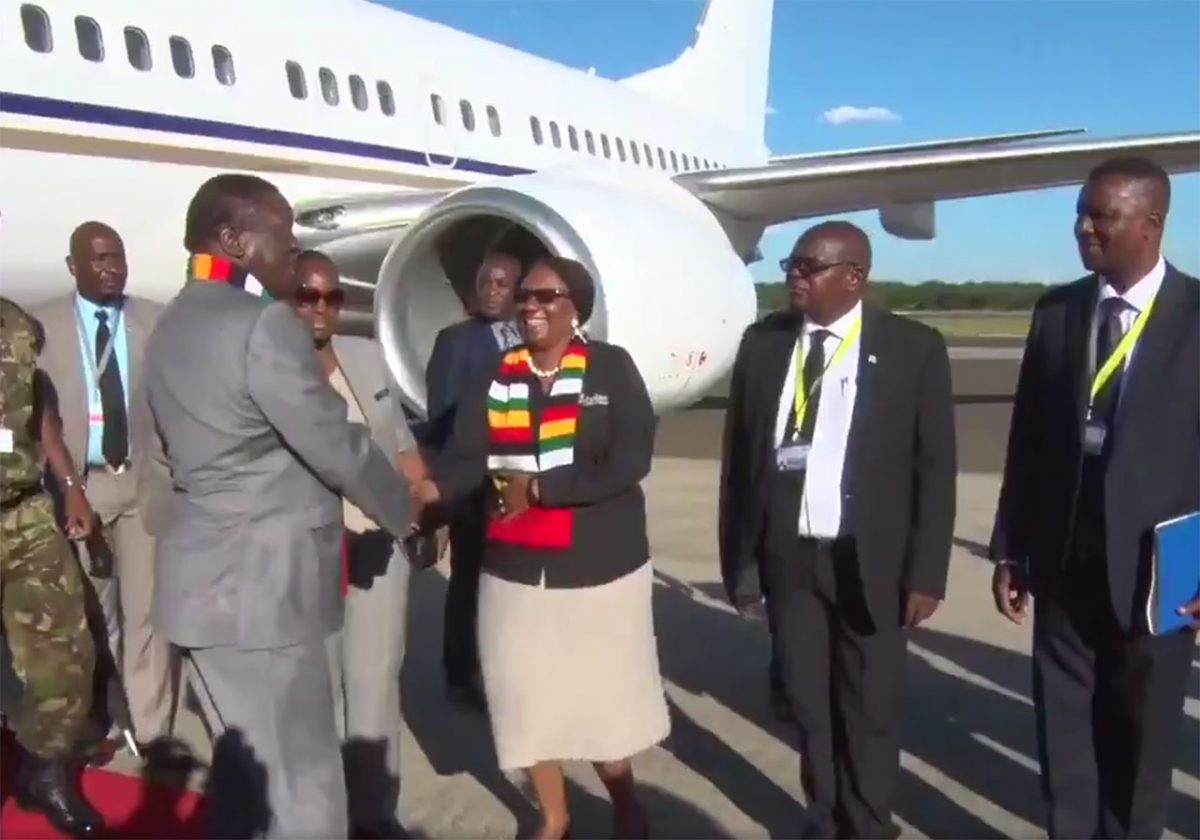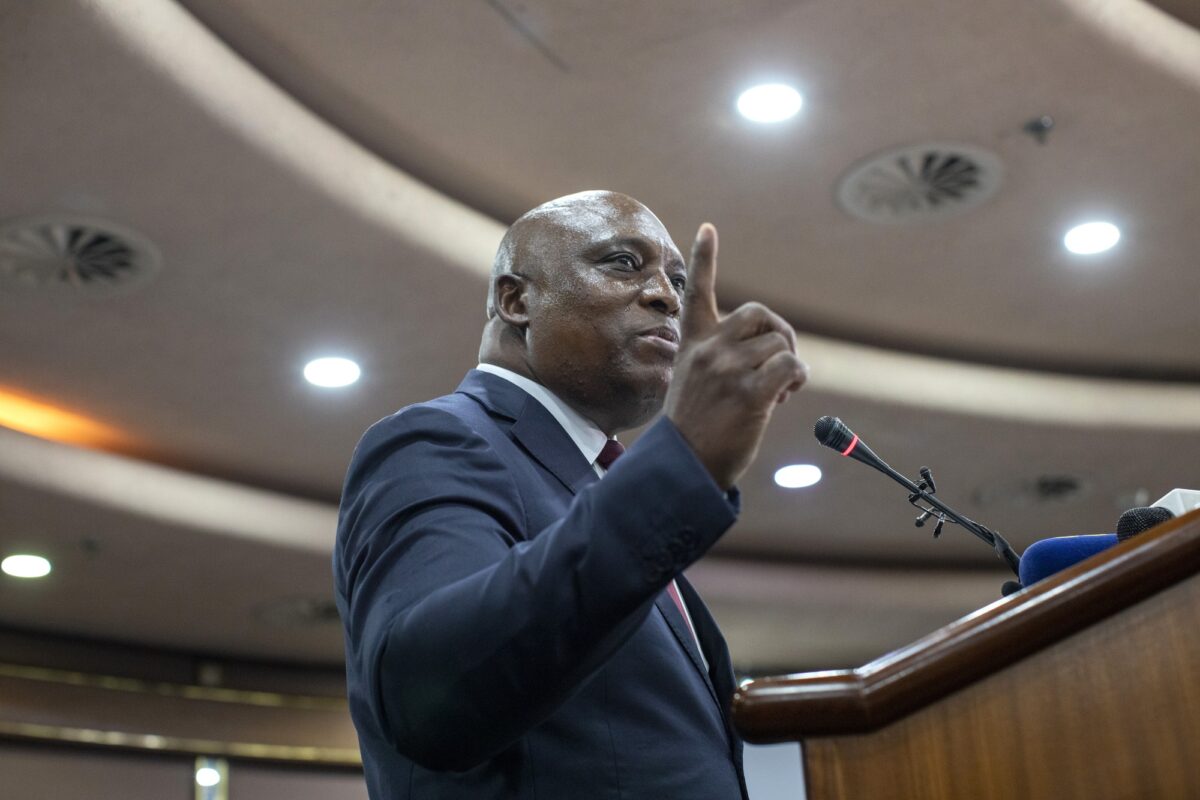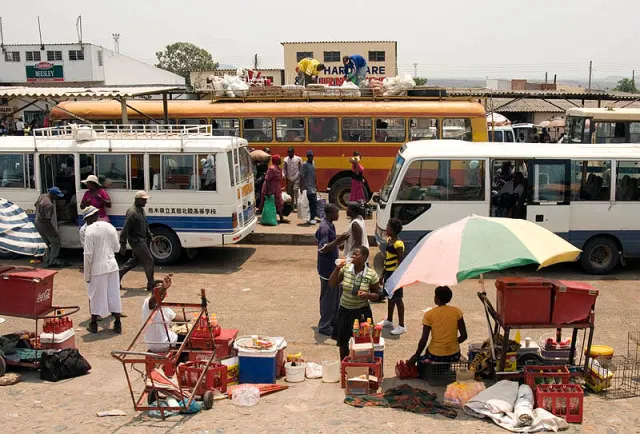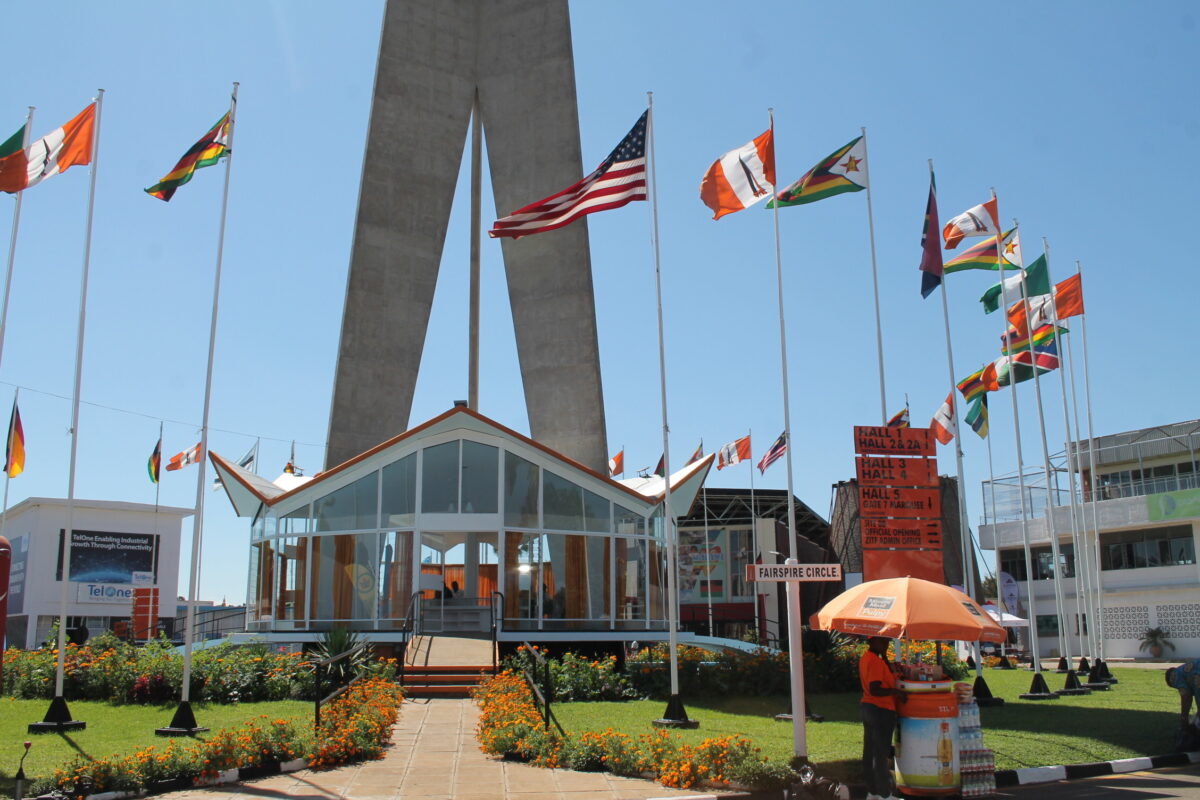HARARE – President Emmerson Mnangagwa is attending a conference on elephant management in Botswana on Tuesday, as Southern African leaders seek a united front to have the international ivory trade ban lifted.
Mnangagwa landed in Kasane, a town in the north-eastern corner of Botswana, in a private jet hired from Dubai ahead of the six-nation regional summit. The leaders of Botswana, Zambia and Namibia are among the attendees.
Home Affairs Minister Cain Mathema and Tourism Minister Prisca Mupfumira are also at the conference.
On Monday, Botswana’s Environment and Tourism minister called for Southern African countries to agree on a common approach to control populations of elephants to counter criticism from the international community.
The Southern African countries are discussing plans to persuade the world to lift the 30-year-old ban imposed by the Convention on International Trade in Endangered Species, (CITES). They stressed they want to be able to sell huge stockpiles of ivory to boost funds for conservation and anti-poaching.
Kitso Mokaila, whose country is home to the world’s biggest population of elephants, said his government is pushing to lift an elephant hunting ban and is considering a range of measures from selective “cropping” of elephants to culling.
Critics, including former President Ian Khama, say the drive is geared to win rural votes in an October election and could damage tourism, which accounts for a fifth of the economy.
Mokaila said the number of elephants in Botswana has surged to 160,000 from 55,000 in 1991, increasing conflict between the animals, which at times destroy crops and kill villagers, and farmers. While an issues paper distributed at the conference suggested a range of measures, it said culling wasn’t a viable option, partly because it would negatively affect tourism.
Most of Botswana’s elephants live in the country’s north east and regularly cross into Zambia, Zimbabwe and Namibia, which have large populations of their own.
“People lose lives, crops and agricultural infrastructure and other property which are destroyed by elephants,” Mokaila said, according to a copy of the speech. “This cannot be tolerated, and it will be a failure on our part if we don’t address this state of affairs.”
Still, Mokaila said, any attempts to control the population invite “a backlash,” fuelled by Western media.
“It is my fervent desire that we continue to speak with one voice when it comes to our regional elephants,” he said. “It is evident that our arguments for sustainable utilisation of our wildlife resources, which we have in abundance, are being countered on multiple fronts.”
Mokweetsi Masisi, the president of Botswana, said on his arrival at Kasane that the summit’s theme was: “Towards a common vision for the management of our elephants.”
He added: “This is meant to generate a better understanding of elephant management and its associated challenges… other heads of state and ministers from the Kavango-Zambezi Trans-Frontier Conservation Area, as well as experts from southern Africa will address the escalating human wildlife conflict that exits in the region.”
Fulton Mangwanya, the director of Zimbabwe’s Parks and Wildlife Management Authority said as he left Harare for the summit: “We’re fighting tooth and nail with our enemies so that we are allowed to trade in our wildlife resources. The main contention is the elephants which we (Zimbabwe) are not allowed to benefit from. These are the issues that we want to defend as a region.”















